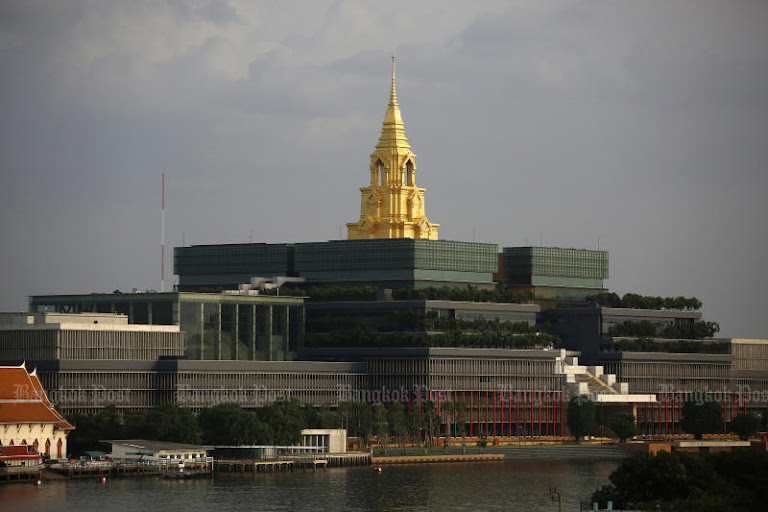Thailand Approves Budget, Bets on Stability Despite Global Concerns
Passing of the $115 billion budget signals coalition unity amidst disagreements over policies like casino legalization and global economic headwinds.

The passage of Thailand’s 3.78 trillion baht ($115 billion) annual budget through its first parliamentary hurdle might seem like a standard political procedure, but it’s a symptom of a far more complex set of pressures facing Prime Minister Paetongtarn Shinawatra’s coalition government. As reported in recent coverage, the multi-party coalition managed to coalesce around this spending plan despite visible internal tensions. This is significant not simply for the immediate budgetary implications, but for what it reveals about the delicate balancing act required to maintain political stability in the face of economic headwinds.
The coalition, led by Shinawatra’s Pheu Thai Party, has faced open disagreements with the conservative Bhumjaithai Party, particularly concerning policy proposals like the legalization of casinos. Such public feuding can quickly erode confidence, both domestically and internationally. The budget’s passage, therefore, serves as a signal—perhaps more performative than substantive at this early stage—that the coalition can still function and find common ground, especially on fundamental economic matters.
But the budget itself is a reflection of the economic challenges Thailand faces. The Prime Minister has defended the marginal increase in spending and the resulting budget deficit (860 billion baht) by pointing to increased risks stemming from global trade uncertainties. Here, we see the interconnectedness of global and domestic policy. The potential impact of a threatened 36% tariff on Thai exports to the United States has already led to a downward revision of Thailand’s economic growth forecast. This forces a recalibration of fiscal policy, shifting the onus onto the government to stimulate economic activity, particularly with the Bank of Thailand signaling its limited capacity for further monetary easing.
This situation brings to mind several critical considerations:
- Global Trade Dependence: Thailand’s economy remains heavily reliant on exports, making it vulnerable to shifts in global trade dynamics and protectionist policies adopted by major economies.
- Fiscal Constraints: While the budget aims to stimulate growth, the deficit raises concerns about long-term fiscal sustainability. Balancing short-term stimulus with responsible fiscal management will be crucial.
- Political Cohesion: The fragility of the ruling coalition means that policy decisions will continue to be shaped by political considerations, potentially leading to compromises that are not necessarily optimal from an economic perspective.
- Structural Reforms: The need for deeper structural reforms to diversify the economy and reduce its reliance on exports becomes increasingly urgent in light of these challenges.
The question, then, is whether this budget represents a genuine effort to address these underlying economic issues, or simply a political maneuver to maintain stability in the short term. The devil, as always, will be in the details—specifically, how the allocated funds are used and whether the government can implement effective policies to mitigate the risks it faces. Further scrutiny by the parliamentary committee and subsequent debates will be crucial in determining the budget’s ultimate impact.
The passage of Thailand’s budget reflects a broader trend: governments grappling with interconnected challenges that require navigating between immediate political pressures and long-term economic realities. The degree to which they succeed will define their legacy and shape the future of their nations.
Ultimately, the 2026 budget, with its modest 0.7% increase, represents a calculated bet by the Shinawatra government—a bet that it can maintain stability, weather global economic storms, and lay the groundwork for future growth. Whether that bet pays off remains to be seen.









